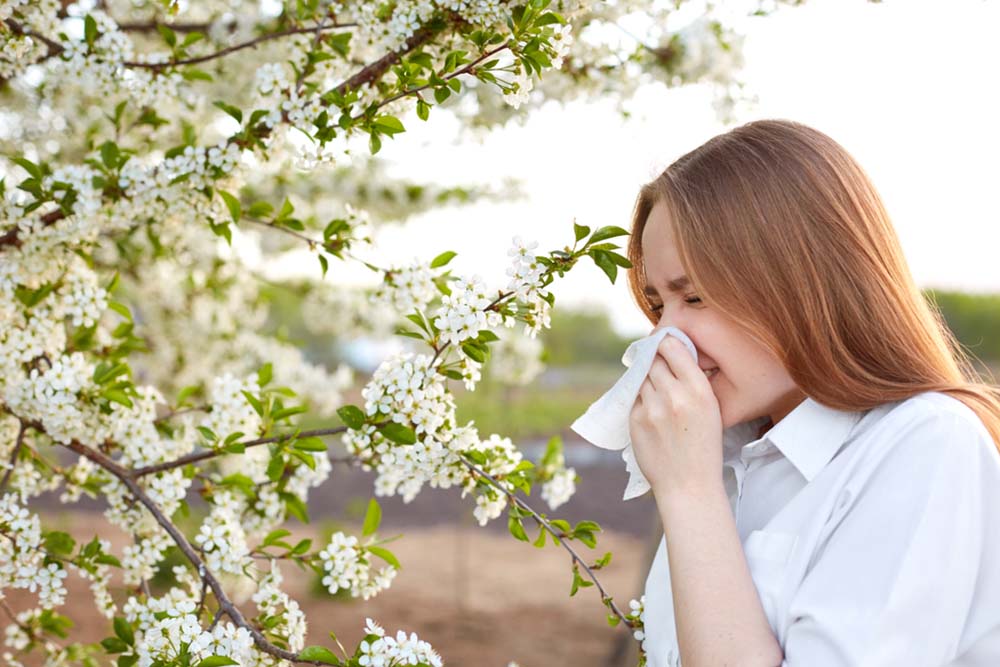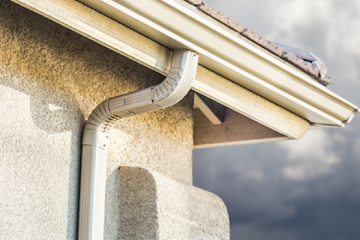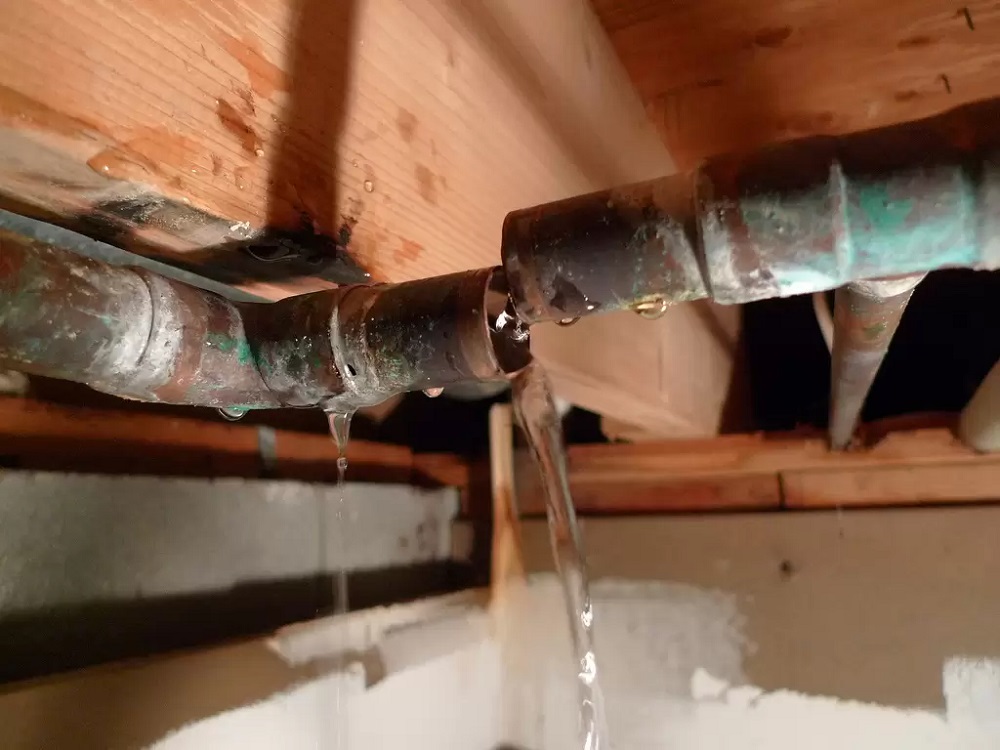Tips for Managing Allergies During Pollen Season: How to Minimize Exposure to Pollen and Alleviate Symptoms

How to Manage Pollen Allergies in Philadelphia
It might be challenging to manage allergies during pollen season, but you can use a few tactics to reduce pollen exposure and ease symptoms. However, this can well be controlled by taking medications at an early age. Ensure to start your allergy routine around one month before your particular allergy season if you know you suffer from allergies yearly. In this manner, before the season begins, any drug has an opportunity to enter your system and start acting. Pollen season is approaching, and many have been asking how to prepare for pollen season; check out the following strategies for coping when you’re keeping an eye on pollen counts for your particular allergy:
Lessen the Amount of Allergens You Are Exposed To
When pollen counts are high on dry, windy days, attempt to limit your exposure to the things (allergens) that cause your allergy symptoms and indicators. Additionally, avoid gardening tasks like weed removal and grass mowing that trigger allergies. After changing out of your outside clothing, take a shower to wash off pollen from your skin and hair. Laundry should not be hung outside since pollen might adhere to towels and linens. Use a face mask when performing outside tasks.
Think About Allergy Shots or Immunotherapy
These may be options for severe allergies that don’t react well to other therapies. To desensitize your immune system, gradually expose your body to progressively higher concentrations of allergens.
Speak with a Healthcare Professional
If you’re finding it difficult to control your allergy symptoms, you should speak with an immunologist or allergist. They can offer you individualized guidance and alternatives for treatment based on your unique needs and sensitivities.
Maintain Clean Indoor Air
Make use of the air conditioning in your home and vehicle. If your home uses forced air heating or cooling, make sure you use high-efficiency filters and keep up with routine maintenance. Use a dehumidifier to keep the air inside dry. Use a portable high-efficiency particulate air (HEPA) filter in your bedroom. Regularly vacuum floors using a vacuum with a HEPA filter.
Keep Pets Clean
Pets who spend much time outside may bring pollen on their fur inside your house. Give your pets regular grooming and a damp towel wipe down to get rid of pollen. It is also essential to shower and change clothes so that you get rid of pollen from your skin and hair after being outside, shower, and change into new clothes. By doing this, pollen is kept from getting on your furniture and bedding.
Keep an eye on Pollen Counts
Learn about the daily pollen counts in your region. This data is available on numerous weather websites and applications. Schedule your outside activities for when pollen counts are at their lowest, right after a rainstorm.
Keep Windows Closed
To stop pollen from entering your home, keep windows and doors closed, particularly when there is a lot of pollen. Instead, turn on the air conditioning, and remember to replace or clean the air filters periodically.
Choose an Over-The-Counter Medication
Numerous over-the-counter drugs can reduce allergy symptoms. These consist of leukotriene modifiers, eye drops, saline nasal rinses, decongestants, nasal sprays with corticosteroids, and oral antihistamines. Discuss your best options with your pharmacist or healthcare practitioner. To clear the air of pollen and lessen congestion, rinse your nasal passages with a saline solution. This may diminish congestion and other nose symptoms like sneezing.
The Bottom Line
You may effectively manage your allergy symptoms throughout pollen season and reduce your exposure to pollen by implementing these measures into your everyday routine.





